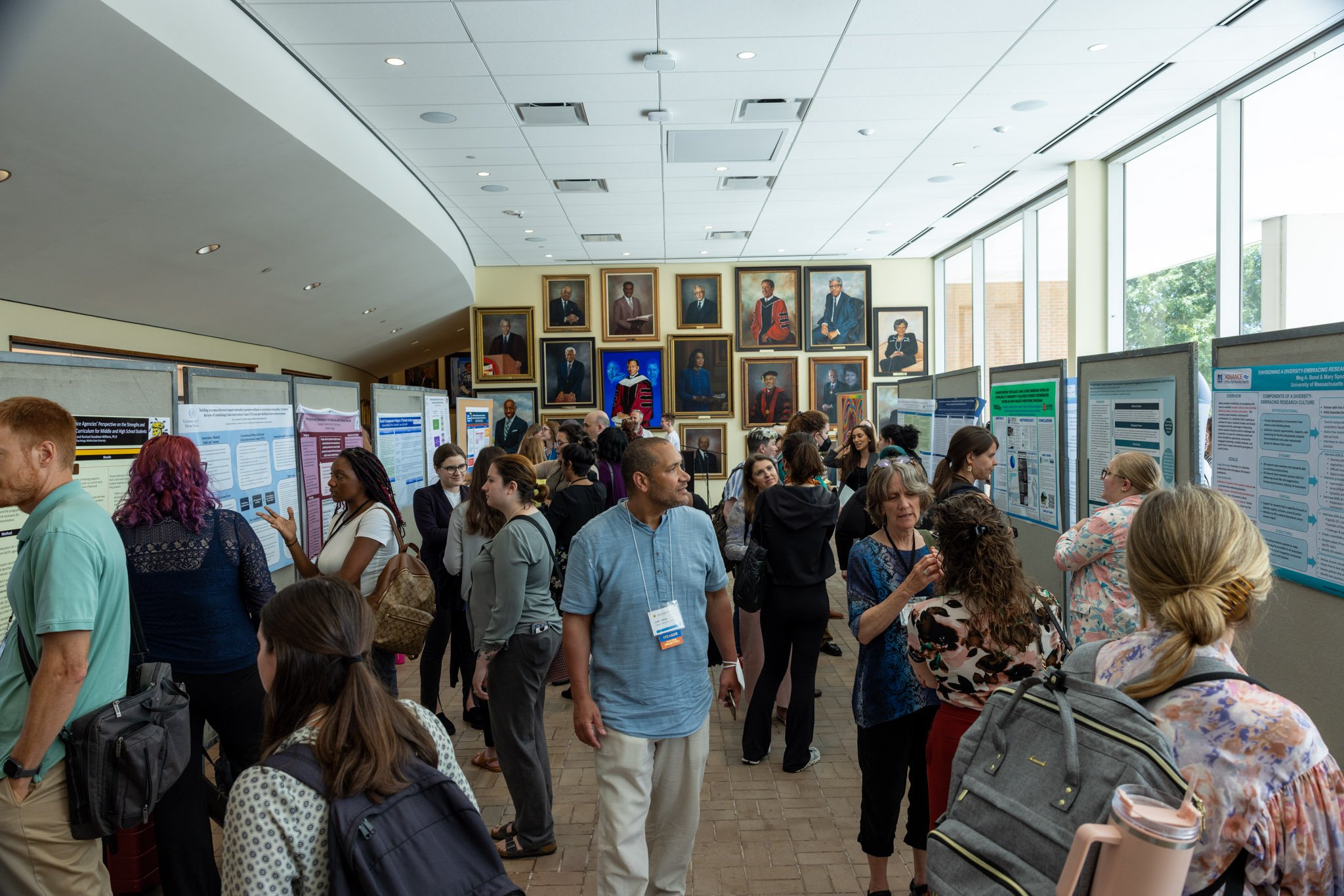
SOCIAL JUSTICE INQUIRY AND PRAXIS (ISJIP)
The Institute for Social Justice Inquiry and Praxis (ISJIP) utilizes liberatory theories and practices to engage and impact a myriad of social issues impacting populations impacted by interlocking systems of oppression. Praxis is a synthesis of theory and practice in which each informs the other (Freire, 1985). The Institute works with students, scholars, and community members to develop solutions locally and globally.
Thought without practice is empty; and action without thought is blind.
-Kwame Nkrumah
The Institute is committed to activities relative to theory and practice that promote awareness, understanding.
The Institute for Social Justice Inquiry and Praxis uses a holistic view of health as a lens to view social justice issues such as where we live, the education we receive, the work we do, the wages we earn, and the stress we experience. These conditions — also known as the social determinants of health — are the underlying causes of the health disparities and adverse health outcomes that some people, especially people of color, individuals with less financial resources, and LGBTQIA+ populations.
Health Promotion
The Institute works with various local, national, and global organizations that focus on health promotion from substance use treatment to mental health promotion and wellness.
Community Development
The Institute works with community members to develop strategies and programs based on local goals, needs, and circumstances. Facilitate the development and use of indicators and measures of equitable community change through literature reviews, interviews, and focus groups with people to meet agreed upon objectives. We also will work with K-12 schools to increase the number of students from the neighboring communities, matriculating into the Atlanta University Center.
Student Training
All students, regardless of career intent, should be well equipped to understand the role of health as a social justice issue and how it impacts the lives of individuals. Students receive community based training in health as a social justice issue, and we partner with local organizations to place students in health-related internships, research training programs, graduate and health profession schools.
Communities of Practice (CoP)
Stakeholders share lessons learned and best practices, provide micro-grants and internship/practicum sites. SJIP has developed a series of workshops trainings and to enhance this community of practice and implement the aforementioned initiatives.
